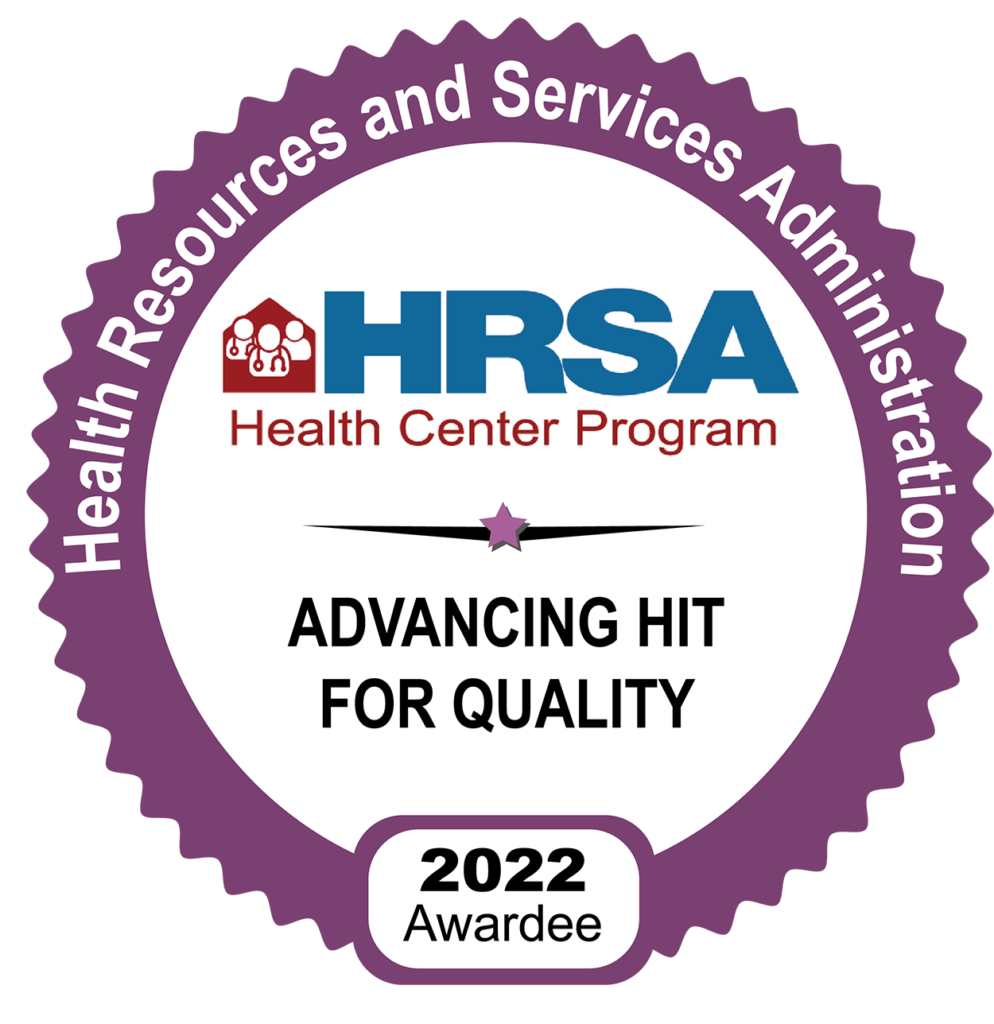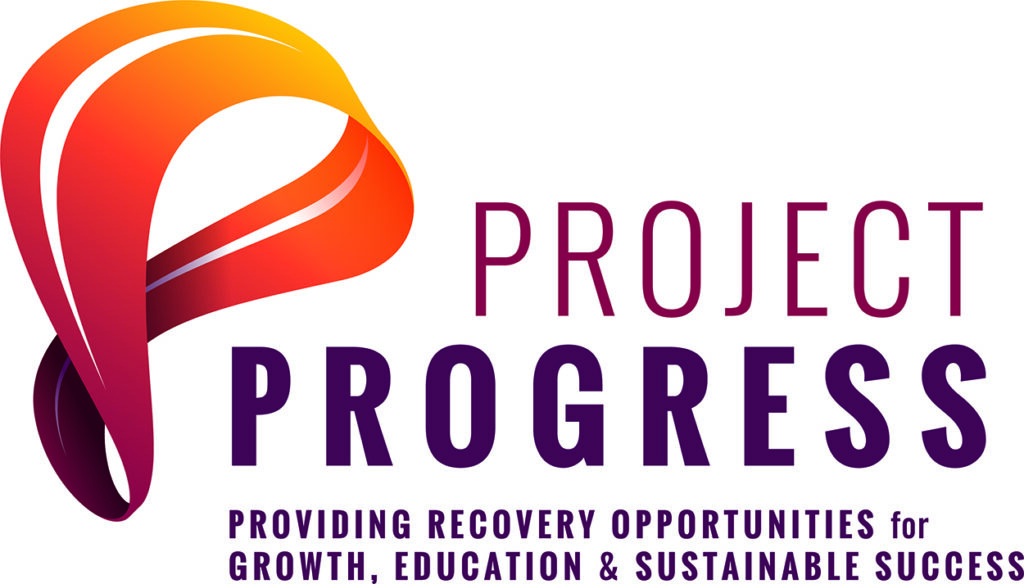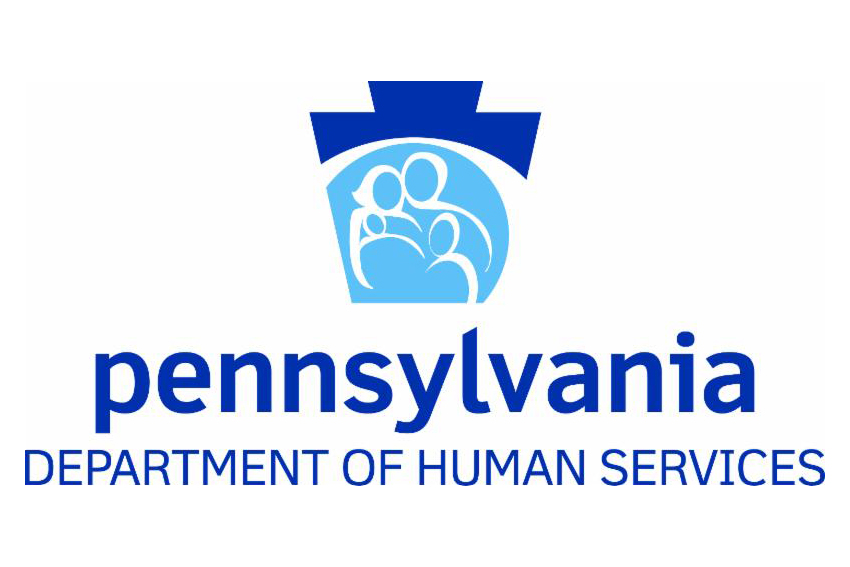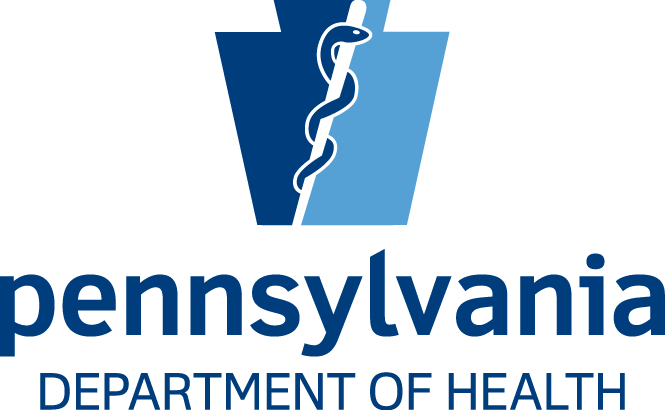The Health Resources and Services Administration (HRSA), part of the U.S. Department of Health and Human Services, recently awarded two Community Health Quality Recognition awards to The Wright Center for Community Health, affirming its efforts to advance quality care in the region and connect its patients to enabling services.

HRSA annually reviews health centers’ performance data and bestows badges on federal Health Center Program awardees and Look-Alikes that have made notable quality improvement achievements. New for this year was an Addressing Social Risk Factors to Health badge. The Wright Center was awarded that recognition as well as a 2022 Advancing Health Information Technology for Quality badge.
The awards mark the second year in a row that The Wright Center has earned a badge for its use of health information technology.
The badge recognizes the organization’s efforts in the areas of telehealth, patient engagement and interoperability, the latter of which refers to its ability to exchange data and information with other health care-related organizations and/or state and federal agencies.
The newly introduced Addressing Social Risk Factors to Health badge recognizes “health centers that are administering standardized screening tools to collect social risk factor data and increasing enabling services offered across consecutive years,” according to HRSA.
The Wright Center uses a screening tool at its primary care practices to help identify patients who might be coping with adverse social and economic determinants of health, such as food insecurity, homelessness and poverty. The organization’s community health workers and other members of its care team can then talk with a patient and offer various forms of assistance tailored to meet the individual’s short- and long-term needs, including transportation assistance, nutritious food, legal aid, educational opportunities and connections to social service agencies.
“The two badges recognizing The Wright Center’s work last year testify to our patient-centered approach to health care,” said Dr. Jignesh Sheth, chief medical officer for The Wright Center for Community Health. “Our clinical teams and support staff are always striving to improve systems so that patients and their families are supported and empowered to get the care they need and deserve, whether that’s the convenience of a telehealth visit or the comfort of receiving fresh foods to carry them through a difficult time.”
The Wright Center for Community Health is a Federally Qualified Health Center Look-Alike that operates eight primary care practices in Lackawanna, Luzerne and Wayne counties.

The Wright Center provides safety-net, comprehensive primary and preventive health services – including medical, dental, behavioral health, addiction and recovery, and infectious disease services – that cover the lifespan from pediatrics to geriatrics. A special emphasis is placed on medically underserved populations, and no patient is turned away due to an inability to pay.

















